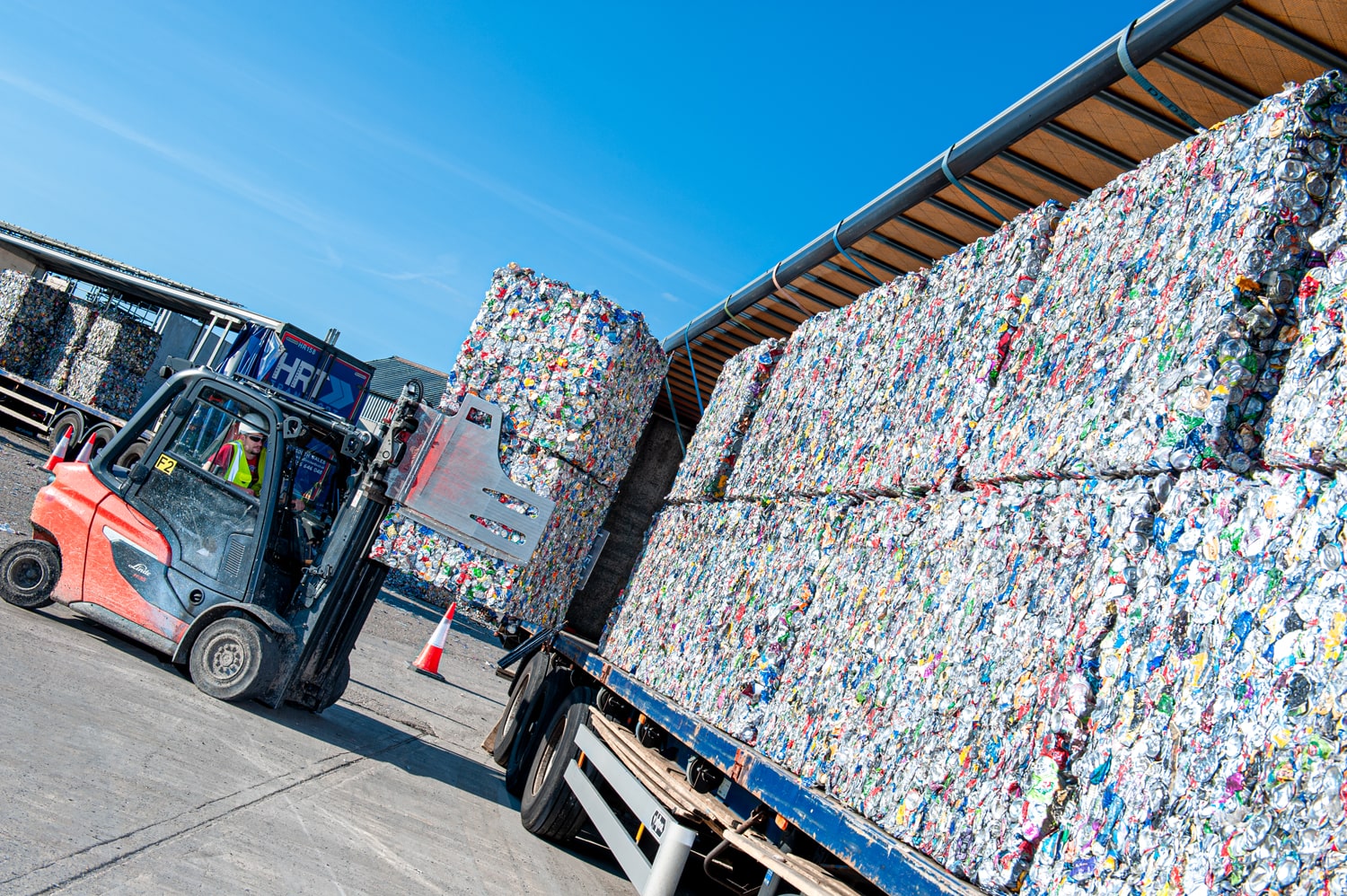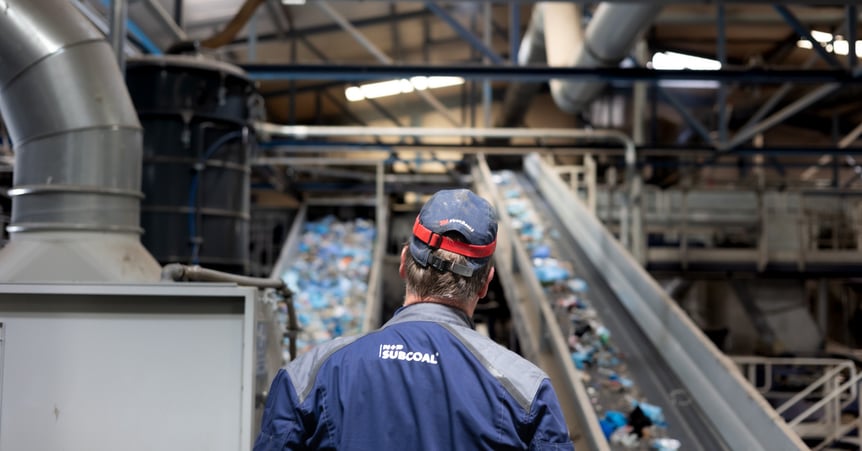Waste management is a pressing issue that governments and corporations are globally addressing. But what is waste management, and why is it essential for our environment and economy? In this blog, we'll delve into the definition of waste management and uncover its benefits.
What is waste management?
Waste management is a process that focuses on efficiently processing waste streams, both those that can be recycled and those that are more difficult to process. An innovative approach within this sector is the ability to convert non-recyclable waste into alternative fuels and raw materials. This type of waste, which would otherwise end up in landfills, is given a new use, such as replacing fossil materials like coal. Using these methods not only prevents the accumulation of waste in landfills but also helps reduce our carbon footprint.
For centuries, landfills have been the primary solution for waste we cannot reuse or recycle. However, landfills contribute significantly to methane and CO2 emissions, which promotes further climate change. This emphasises the importance of efficient waste management.
From waste to value
In the world of waste management, companies are increasingly looking at waste-to-fuel technologies, converting waste into alternative fuels. However, not every type of waste is suitable for this process. The suitability depends on specific characteristics of the waste, such as composition and flammability.
The evolution of waste management
Waste management has undergone significant transformations, primarily driven by technological advancements. This evolution from methods to sophisticated processing techniques has elevated the quality and efficiency of alternative fuels. Yet, as we progress, new challenges arise. The surge in trends that prioritize convenience over sustainability poses risks of escalating CO2 emissions and waste accumulation. Coupled with the prevailing low plastic recycling rates, it underscores the imperative for innovative solutions and the continuous refinement of waste management strategies.
What if waste management technologies are not implemented?
As numerous companies increasingly emphasise waste management, the prevalence of landfills remains a concern. This leads not only to increased emissions of methane and CO2 but also to health risks. These gases contribute significantly to climate change, a global concern that affects us all. Although great strides are already made in waste management, there are still many opportunities that need to be explored.

The benefits of waste management
In today's corporate environment, emphasising environmental sustainability transcends mere trends and becomes a core business strategy. As such, the role of waste management has garnered increased attention. What are the benefits of proficient waste management?
- Environment: One of the most visible benefits of waste management is its direct impact on our environment. Less waste means fewer landfills and, more importantly, a significant reduction in CO2 emissions. This helps reduce global warming and creates a cleaner and greener living environment.
- Economic: Investing in green policies is not only good for the environment but also for a company's financial health. For example, in Europe, a tax is levied for every ton of CO2 emissions. Reducing these emissions translates directly into cost reduction.
- Health: Excessive CO2 and methane in the atmosphere can harm people's health living near landfills or industrial areas. By managing waste effectively, we ensure a healthier environment for everyone.
- Image: Clients and partners value companies genuinely committed to the environment. A green and sustainable image is not merely a label; it underscores a company's dedication to fostering a greener world. Such a commitment not only shapes how a company is perceived but also solidifies its role in promoting positive environmental change.
In short, waste management is a bridge to a more sustainable future. It helps protect our environment, provides financial opportunities for businesses and improves our overall well-being.
FUTURE of waste management: viewing waste as an untapped resource
The success of waste management depends on one essential shift: recognising the actual value of waste. Without this change of perspective, opportunities remain unexploited. In the short term, this means changing our perspective of waste. In the long term, ambition is needed, striving to minimize landfills and maximize the process of turning waste into alternative fuels. By changing our perspective and working together, a world can be created where waste is not in its final lifecycle, but the start of a new one.
For an in-depth understanding of the intricacies of waste management and its evolving landscape, download our latest trend report titled, "The Future of Waste Management and the Value of Non-Recyclable Waste Streams within a Local Framework." Equip yourself with the latest knowledge and data. Stay informed, stay ahead, and drive impactful decisions in your organization.




